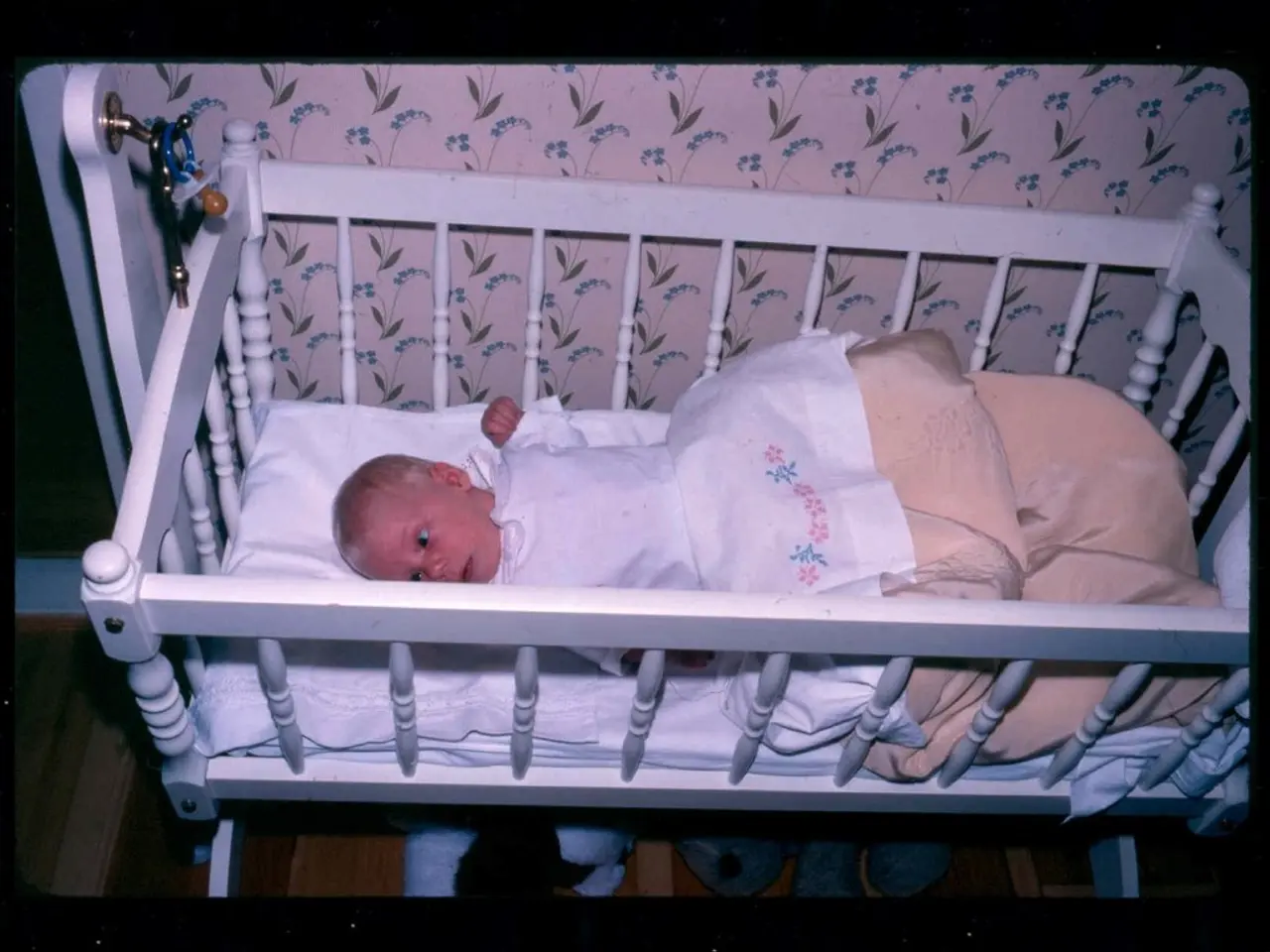Impact of Early Cultural Assimilation: Could it be Harmful? - Infant maltreatment before the age of two: What are the potential consequences?
In the world of childcare, the topic of sending toddlers to Kita (daycare) before the age of 2 has sparked much debate. While specific insights from renowned German psychologist Stefanie Stahl on this matter are scarce, we can delve into the general benefits and drawbacks based on common research and psychological perspectives.
The Benefits of Early Daycare
One of the key advantages of early daycare is the opportunity for toddlers to develop their social skills. Interacting with peers and caregivers in a structured environment can be crucial for their emotional and social development.
Moreover, daycare often provides a predictable routine, which can benefit cognitive development. This structure can help toddlers learn to anticipate events, adapt to changes, and develop self-regulation skills.
Lastly, early exposure to a group setting can prepare children for the transition to preschool and kindergarten, easing the adjustment process and setting them up for success.
The Drawbacks of Early Daycare
On the flip side, there are potential challenges associated with sending toddlers to daycare at an early age. One of the main concerns is separation anxiety, which can lead to distress for some children when away from their primary caregivers.
Another issue is the increased risk of infections. Toddlers in daycare settings are exposed to more people, which can increase the risk of catching illnesses.
Lastly, spending less time with parents can potentially affect the parent-child bond, although this often depends on the quality of care and the time spent together outside daycare.
For more specific insights from Stefanie Stahl, it would be best to consult her published works or interviews directly.
A Balanced Approach
With no definitive conclusion about the harm or lack thereof of Kita Accimation Under Two Years, parents are left to make informed decisions based on their unique circumstances. As more children under the age of 3 attend daycare facilities nationwide, the conversation surrounding the psychology of toddlers and the impact of early Kita care continues to evolve.
Stefanie Stahl, Germany's most famous psychologist, has expressed concern about placing children in Kita before the age of 2 for brain development. However, she acknowledges that many parents choose to have their child cared for outside the family after parental leave due to work commitments.
In her conversation with Simone Menne, Stefanie Stahl discusses the impact of early Kita care on a child's brain development, emphasising the importance of a balanced approach. The article does not offer any specific evidence of harm from Kita Accimation Under Two Years, but it serves as a thought-provoking exploration of the topic.
First published on 28 November 2023 in stern PLUS, this article provides a valuable overview of the debate surrounding Kita Accimation Under Two Years. As always, parents are encouraged to carefully consider their child's needs and make decisions that prioritise their emotional, social, and cognitive development.
In light of Stefanie Stahl's concerns about the potential impact of Kita (daycare) on brain development in children under age 2, it's crucial for parents to balance their work commitments with their child's need for appropriate care. Vocational training for childcare providers could help ensure a nurturing environment, promoting mental health and health-and-wellness among toddlers. Simultaneously, science-based vocational training for parents could empower them with knowledge about child development, fostering better decision-making regarding early daycare.




